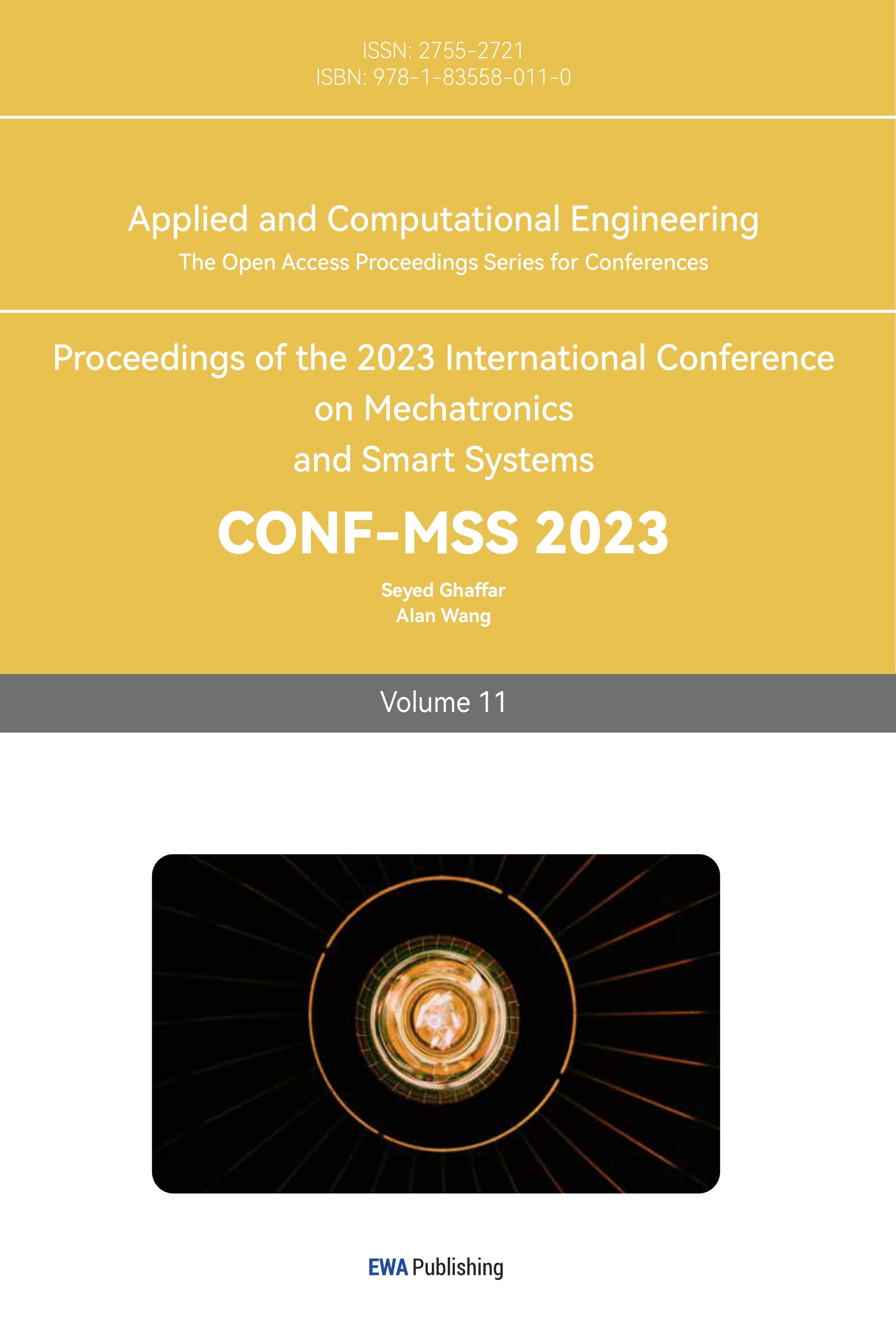References
[1]. Antunes, J.G., Mikalsen, R. and Roskilly, A.P., 2008. An investigation of hydrogen-fuelled HCCI engine performance and operation. International journal of hydrogen energy, 33(20), pp.5823-5828
[2]. Hairuddin, A.A., Yusaf, T. and Wandel, A.P., 2014. A review of hydrogen and natural gas addition in diesel HCCI engines. Renewable and Sustainable Energy Reviews, 32, pp.739-761
[3]. Koo, T., Kim, Y.S., Lee, Y.D., Yu, S., Lee, D.K. and Ahn, K.Y., 2021. Exergetic evaluation of operation results of 5-kW-class SOFC-HCCI engine hybrid power generation system. Applied Energy, 295, p.117037
[4]. Wang, F., Harindintwali, J.D., Yuan, Z., Wang, M., Wang, F., Li, S., Yin, Z., Huang, L., Fu, Y., Li, L. and Chang, S.X., 2021. Technologies and perspectives for achieving carbon neutrality. The Innovation, 2(4), p.100180
[5]. Ezoji, H. and Ajarostaghi, S.S.M., 2020. Thermodynamic-CFD analysis of waste heat recovery from homogeneous charge compression ignition (HCCI) engine by Recuperative organic Rankine Cycle (RORC): Effect of operational parameters. Energy, 205, p.117989
[6]. Solmaz, H., 2020. A comparative study on the usage of fusel oil and reference fuels in an HCCI engine at different compression ratios. Fuel, 273, p.117775
[7]. Wu, Y.Y. and Jang, C.T., 2019. Combustion analysis of homogeneous charge compression ignition in a motorcycle engine using a dual-fuel with exhaust gas recirculation. Energies, 12(5), p.847
[8]. Bahri, B., Aziz, A.A., Shahbakhti, M. and Said, M.F.M., 2013. Understanding and detecting misfire in an HCCI engine fuelled with ethanol. Applied Energy, 108, pp.24-33
[9]. Taghavi, M., Gharehghani, A., Nejad, F.B. and Mirsalim, M., 2019. Developing a model to predict the start of combustion in HCCI engine using ANN-GA approach. Energy Conversion and Management, 195, pp.57-69
[10]. Choi, Y. and Chen, J.Y., 2005. Fast prediction of start-of-combustion in HCCI with combined artificial neural networks and ignition delay model. Proceedings of the Combustion Institute, 30(2), pp.2711-2718
Cite this article
Fu,Y.;Hu,E.;Xia,Z. (2023). HCCI technology using hydrogen energy and artificial intelligence. Applied and Computational Engineering,11,167-173.
Data availability
The datasets used and/or analyzed during the current study will be available from the authors upon reasonable request.
Disclaimer/Publisher's Note
The statements, opinions and data contained in all publications are solely those of the individual author(s) and contributor(s) and not of EWA Publishing and/or the editor(s). EWA Publishing and/or the editor(s) disclaim responsibility for any injury to people or property resulting from any ideas, methods, instructions or products referred to in the content.
About volume
Volume title: Proceedings of the 2023 International Conference on Mechatronics and Smart Systems
© 2024 by the author(s). Licensee EWA Publishing, Oxford, UK. This article is an open access article distributed under the terms and
conditions of the Creative Commons Attribution (CC BY) license. Authors who
publish this series agree to the following terms:
1. Authors retain copyright and grant the series right of first publication with the work simultaneously licensed under a Creative Commons
Attribution License that allows others to share the work with an acknowledgment of the work's authorship and initial publication in this
series.
2. Authors are able to enter into separate, additional contractual arrangements for the non-exclusive distribution of the series's published
version of the work (e.g., post it to an institutional repository or publish it in a book), with an acknowledgment of its initial
publication in this series.
3. Authors are permitted and encouraged to post their work online (e.g., in institutional repositories or on their website) prior to and
during the submission process, as it can lead to productive exchanges, as well as earlier and greater citation of published work (See
Open access policy for details).
References
[1]. Antunes, J.G., Mikalsen, R. and Roskilly, A.P., 2008. An investigation of hydrogen-fuelled HCCI engine performance and operation. International journal of hydrogen energy, 33(20), pp.5823-5828
[2]. Hairuddin, A.A., Yusaf, T. and Wandel, A.P., 2014. A review of hydrogen and natural gas addition in diesel HCCI engines. Renewable and Sustainable Energy Reviews, 32, pp.739-761
[3]. Koo, T., Kim, Y.S., Lee, Y.D., Yu, S., Lee, D.K. and Ahn, K.Y., 2021. Exergetic evaluation of operation results of 5-kW-class SOFC-HCCI engine hybrid power generation system. Applied Energy, 295, p.117037
[4]. Wang, F., Harindintwali, J.D., Yuan, Z., Wang, M., Wang, F., Li, S., Yin, Z., Huang, L., Fu, Y., Li, L. and Chang, S.X., 2021. Technologies and perspectives for achieving carbon neutrality. The Innovation, 2(4), p.100180
[5]. Ezoji, H. and Ajarostaghi, S.S.M., 2020. Thermodynamic-CFD analysis of waste heat recovery from homogeneous charge compression ignition (HCCI) engine by Recuperative organic Rankine Cycle (RORC): Effect of operational parameters. Energy, 205, p.117989
[6]. Solmaz, H., 2020. A comparative study on the usage of fusel oil and reference fuels in an HCCI engine at different compression ratios. Fuel, 273, p.117775
[7]. Wu, Y.Y. and Jang, C.T., 2019. Combustion analysis of homogeneous charge compression ignition in a motorcycle engine using a dual-fuel with exhaust gas recirculation. Energies, 12(5), p.847
[8]. Bahri, B., Aziz, A.A., Shahbakhti, M. and Said, M.F.M., 2013. Understanding and detecting misfire in an HCCI engine fuelled with ethanol. Applied Energy, 108, pp.24-33
[9]. Taghavi, M., Gharehghani, A., Nejad, F.B. and Mirsalim, M., 2019. Developing a model to predict the start of combustion in HCCI engine using ANN-GA approach. Energy Conversion and Management, 195, pp.57-69
[10]. Choi, Y. and Chen, J.Y., 2005. Fast prediction of start-of-combustion in HCCI with combined artificial neural networks and ignition delay model. Proceedings of the Combustion Institute, 30(2), pp.2711-2718









